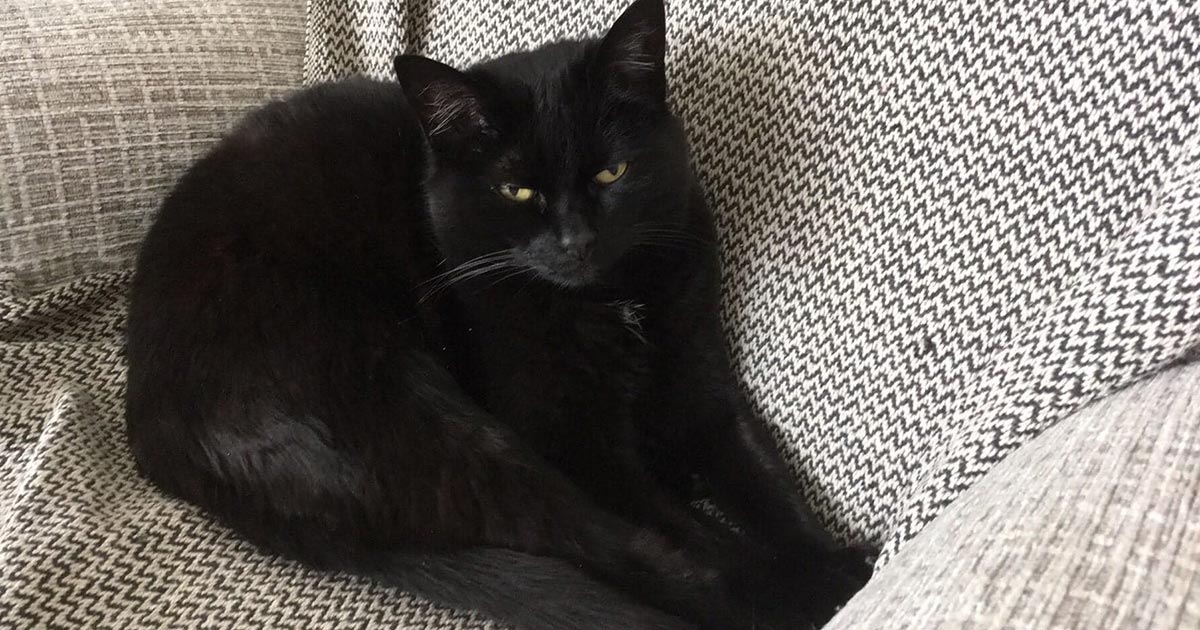A few years ago, I noticed my family cat had a lump on her neck that seemed to be getting larger. We had it removed by the local vet who told us it was almost certainly benign, and that sending it off for testing would be overly expensive and potentially unhelpful, depending on the results.
These were my pre-vet school years, but I could still appreciate the ethical minefield of chemotherapy in companion animals, as well as the “financial to practicality ratio” of diagnostic medicine.
Although it’s always frustrating not to have a firm answer, we took her home in the hope that all was well.
Worst case
Upon returning home for a weekend recently, I happened upon another lump – much smaller, but in a similar place.
To be honest, it was so long ago I couldn’t remember if the lump was even on the same side, let alone in the exact same location, but my mind immediately leapt to the worst-case scenarios – a myriad of potential diagnoses flashed through my head, along with the treatment plans, prognoses, clinical signs, etc.
It took me a few seconds to slow my train of thought down long enough to remind myself of all the less severe – and also far more likely – causes.
Knowing
I’ve talked about the curse of knowledge before when it comes to working in any medical field – that once you embark on your veterinary training, you lose your ability to appreciate an animal in its own right. Every dog, for example, is no longer just an adorable bundle of fluff, but a walking, barking list of potential things that can go wrong.
They say doctors and nurses make the worst patients – and from experience with friends and family on these courses, I wouldn’t argue otherwise. It probably doesn’t help that, to know how to make the body better, you must also learn everything that can possibly go wrong: a sneeze is no longer just a sneeze…
On reflection I think it’s important to fight this instinct and to recognise that just because something can go wrong, doesn’t mean it will. It sounds nigh on impossible – and perhaps counterproductive, seeing as “planning for the worst-case scenario” and “expecting the unexpected” are all part and parcel of life in clinic.
Sit back and relax?
Nobody wants a vet that’s 100% laid back – it’s the capacity to plan and expect that causes such stress outside of practice, but is so valuable within it.
Switching off is never easy. It’s been said that being a vet is more a lifestyle than a job, and, though I’m still years from graduating, I can already relate.
That being said, I think it’s worth the try. It’s only through switching off that we are able to rest, recuperate and come back stronger. I believe we owe it to ourselves and our clients to try leaving the white coat at the office when we go home at the end of the day.

Leave a Reply